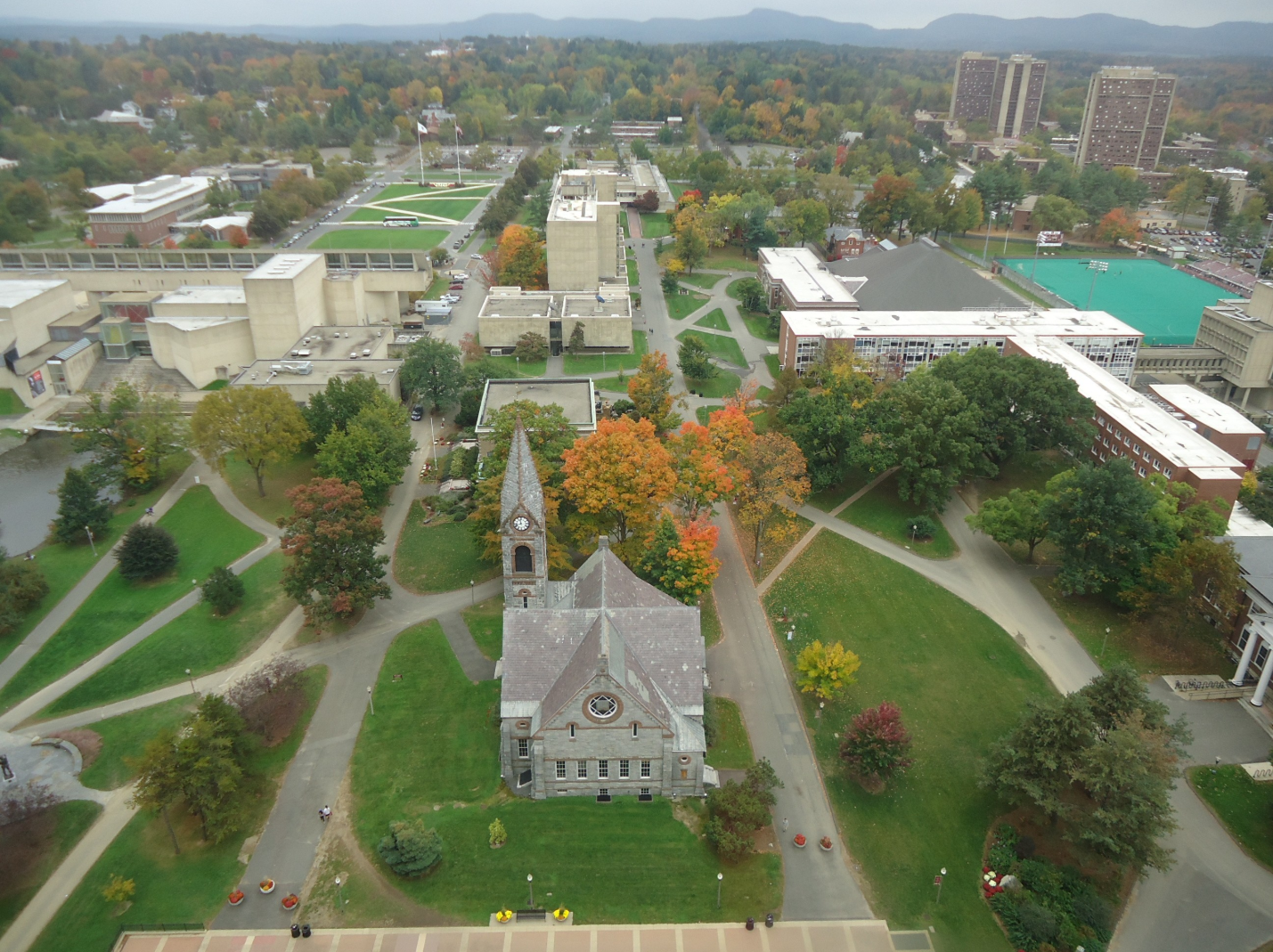
It’s been 24 years. September 11, 2001, was a Tuesday, but what I recall just as vividly is what happened the day before.
The week of September 10-15 was to be “Palestinian Awareness Week” at the University of Massachusetts Amherst (UMass Amherst). Everything changed on Tuesday morning, but on Monday afternoon, we had no idea that an attack was forthcoming—or at least I didn’t.
At the time, I felt that “Palestinian Awareness Week” was just another installment of anti-Semitic and anti-American diatribes. UMass Amherst had used “cultural enrichment” money to pay speakers like Louis Farrakhan, and when I lived there, a Hamas chapter operated in the graduate dorm. The chapter was even put in charge of building security—such was UMass Amherst.
It wasn’t exactly espionage, but I informally did research for a couple of national organizations, so I wandered over to the Student Union on Monday afternoon to see what was going on. It wasn’t what I expected; it was way more civil, way more scripted. It was more like NPR than the street thuggery one usually saw at UMass Amherst. It was weird, in a really weird way.
[RELATED: Twenty Years After 9/11, a History Teacher Learns the Fallacy of Operation Locke and Awe]
Intrigued, I drifted to the side of the rally to watch without drawing attention—and was met with two men in plain clothes sitting in an unmarked car, who looked very much like police officers keeping watch. (In fairness, I don’t know for certain that they were police, or even monitoring the rally; they may just as well have been observing drug activity.)
On a college campus, it’s always a good idea to leave when the cops show up, so I did. I left wondering, though, what I had stumbled onto—and 24 years later, I’m still wondering who was really behind “Palestinian Week.” The other four days of activities were quietly canceled, and to the best of my knowledge, they were never rescheduled.
I’m not sure about the fast car, but I was living a double life. In addition to being a UMass Amherst student, I also had a professional job downtown and was involved in town politics with non-students. It was in this capacity that I was invited to accompany others to what wound up becoming the incredibly ill-timed Amherst Selectboard Meeting, where the town decreed that American flags could no longer be flown from light poles for extended periods of time. Yes, that meeting, which would make the national news the next day.
The backstory was that the town’s veterans’ agent, Rod Raubeson—a former Marine—had 29 nice, all-weather American flags, paid for through the town’s commemoration budget, and then secured permission from the private utility company to put them on the light poles running through downtown. He’d gotten approval from the town bureaucracy that he needed approval from, but not from the town’s Select Board.
The flags went up quietly in August, when the campus was empty and no one paid much attention. However, when they were still flying after Labor Day—once the students had returned and the parents had gone home—the freakie-freakies freaked, really freaked, packing a Select Board meeting to denounce the display as “too American,” “militaristic,” and even, in the words of a UMass Amherst professor, a “symbol of tyranny and fear and destruction and terrorism,” arguing that the white stripes on the flag stand for white supremacy and that the red stripes had been “dipped in the blood of indigenous peoples.”
Twelve hours later, Amherst became nationally known as the town that had banned the American flag.
In the semi-anarchy of that crazy afternoon, the half dozen conservatives in Amherst managed to “liberate” the flags and started reinstalling them in violation of town fiat. I was asked to help, but had to decline because the university would have expelled me for it.
[RELATED: More Campus Claptrap about 9/11]
That’s my memory of September 11th, with two addenda:
First, Mohammad Atta looked awfully familiar. Yes, there is confirmation bias, and yes, it is incredibly difficult for persons of one race to distinguish between persons of another race. But the thing with Atta was his eyes and his facial expression, and the feeling that I had seen him on the UMass Amherst campus.
And second, it later came out that turnpike toll records indicated that a car that the terrorists had abandoned at Logan had recently traveled the MassPike (I-90) out to the “Springfield Area” but had not been in the City of Springfield itself. Well, one route from Boston to Amherst would be I-90 West to I-91 North, to MA-9 East—it’s longer, but if I weren’t familiar with Massachusetts roads, it’s probably the way I would go.
I’ve long wondered if Atta had been on the campus the summer before the attacks, and if it really was only a coincidence that the 9/11 attack occurred during “Palestinian Awareness Week.” One thing I am certain of, though, is that we spent the summer of 2001 attacking our President and worrying about trivia—Gary Condit—while ignoring the very real enemies amongst us: people telling us they wish to harm us.
If the FBI had arrested all 19 terrorists on September 10th, would they have been viewed as heroes who had saved thousands of lives—and not just American lives? Or would they have been cast as racist thugs?
I fear that we spent last summer making the same mistakes we made in the summer of 2001, and with the recent assassination of Charlie Kirk, I may be right on that.
Image: “University of Massachusetts at Amherst view from library 4” by Tomwsulcer on Wikimedia Commons